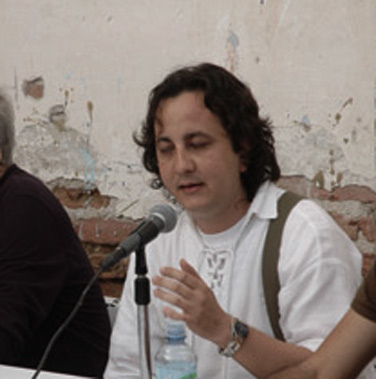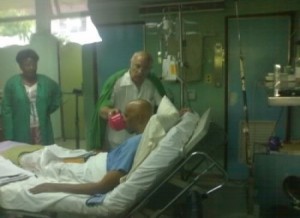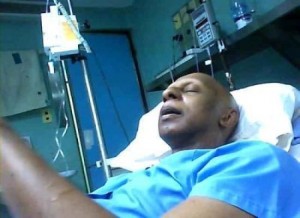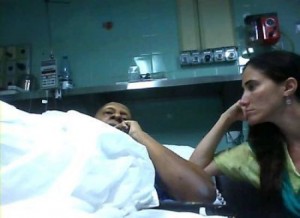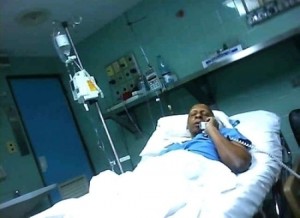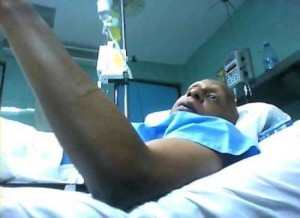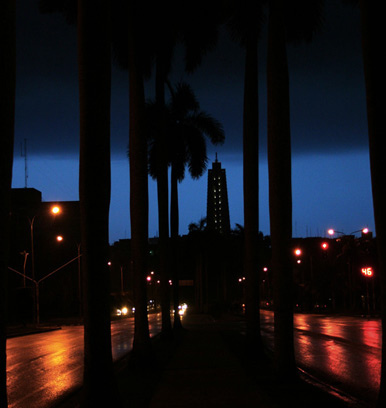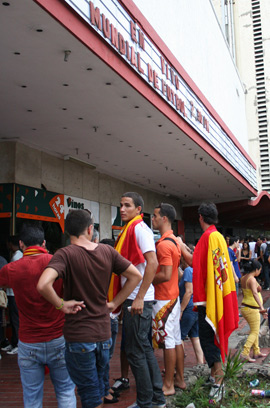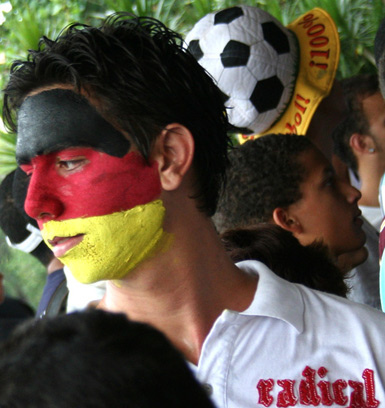It was pouring on the morning of February 23, 2003. The independent journalist Pablo Pacheco and I had arranged a meeting at the Central Park in Havana.
Pacheco, a resident of Ciego de Avila province, nearly 500 kilometers from the capital, was passing by the city. We would talk a lot by phone about our families and about politics, but mostly about sports, for we would write about it in our respective alternative press agencies. The heavy rain did not allow us to meet up.
When he called me in the first days of March 2003, I told him, “During your next visit to Havana we’ll meet each other.” It didn’t happen. On the morning of Wednesday, March 19, Pablo Pacheco was detained by the political police, put on trial, and condemned to 20 years of prison.
He was one of the 75 prisoners of conscience of the Black Spring. The world already knows about the absurd jurisdiction of those cases. They were peaceful men whose only weapons were their pens and their words. And as time passed, they became precious coins of trade for the Castro government.
On the afternoon of Saturday, February 21, 2009, nearly 6 years later, my phone rang while I was writing a post about the next baseball series for my blog, Desde la Habana (From Havana). Surprise. It was Pablo Pacheco calling from the prison of Canaleta in Ciego de Avila.
He was in good spirits, as if six long years had not passed, especially for Pacheco, who nightly slept behind bars. He told me about his wife, he read me some poems, most were about his son, and also read me something he wrote about Cuban civil society.
He even had time to read me something about the baseball series, which he wrote in the boring and slow hours of his life in prison. And I thought that no newspaper or website in the world would publish his stories or poems. Just like most other prisoners, they write for themselves. If anything, they write for their families or companions in struggle, also.
When I hung up, the tears came up to my eyes. The last time I had cried was on November 25, 2003 when my mother, my sister, and my niece, all left for a hard exile in Switzerland. I cried at the time because I thought that it was possible that I would never again see my mother alive, for she was 61-years-old when she left Cuba. It was a trip with no return.
Now, I cried because a 40-year-old man could not see his only son grow up, all thanks to an intolerant government. And also for the ill fortune when the rain impeded me from personally getting to meet my friend, Pablo Pacheco, on that 23rd of February 2003.
One year and five months later, on July 7, 2010, I received the great news that Pablo Pacheco was going to be released. He would travel to Madrid together with his wife and son. “I will finally be able to personally meet him,” I thought. I prepared my bookbag and went off towards Ciego de Avila.
But bad luck followed me. The trip was in vain. The authorities of Havana are going to put Pablo Pacheco aboard the plane without being able to say goodbye to anyone. It’s probable that I won’t even be able to hug him. The appointment continues to be postponed.
Ivan Garcia
Photo: Since I couldn’t photograph myself with Pacheco, I decided to take pictures of the books which he will take with him to Spain.
Translated by Raul G.

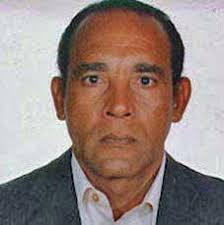
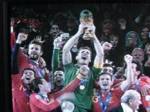

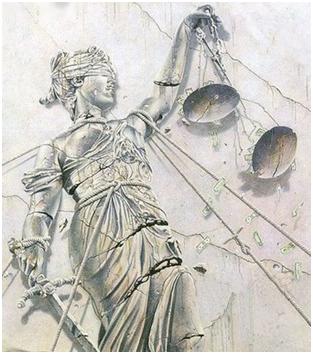 The establishment of an association in Cuba requires authorization from the Ministry of Justice. It lies in its discretion to allow or disallow a group of citizens to exercise its constitutional right of freedom of association. Its decision depends on an investigation of the legality and appropriateness.
The establishment of an association in Cuba requires authorization from the Ministry of Justice. It lies in its discretion to allow or disallow a group of citizens to exercise its constitutional right of freedom of association. Its decision depends on an investigation of the legality and appropriateness. It’s as if all the clocks had been stopped. In unison, the same day at the same time. The unease is widespread around the Cuban political prisoners and their families.
It’s as if all the clocks had been stopped. In unison, the same day at the same time. The unease is widespread around the Cuban political prisoners and their families. After a group is formed, it submits an application to the Registrar of Associations of the Ministry of Justice for a certificate stating that no other official or non-governmental organization (NGO) exists in the country with the same name or the same purposes as the new association. This certificate accompanies the rest of the documents for the application for the charter.
After a group is formed, it submits an application to the Registrar of Associations of the Ministry of Justice for a certificate stating that no other official or non-governmental organization (NGO) exists in the country with the same name or the same purposes as the new association. This certificate accompanies the rest of the documents for the application for the charter.